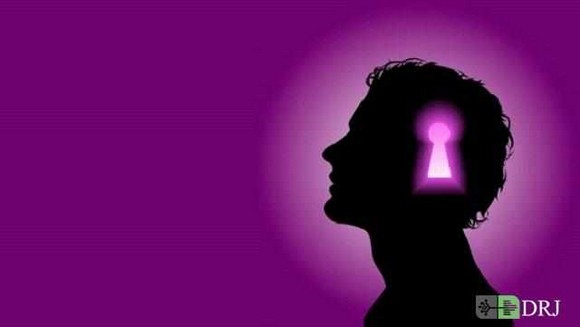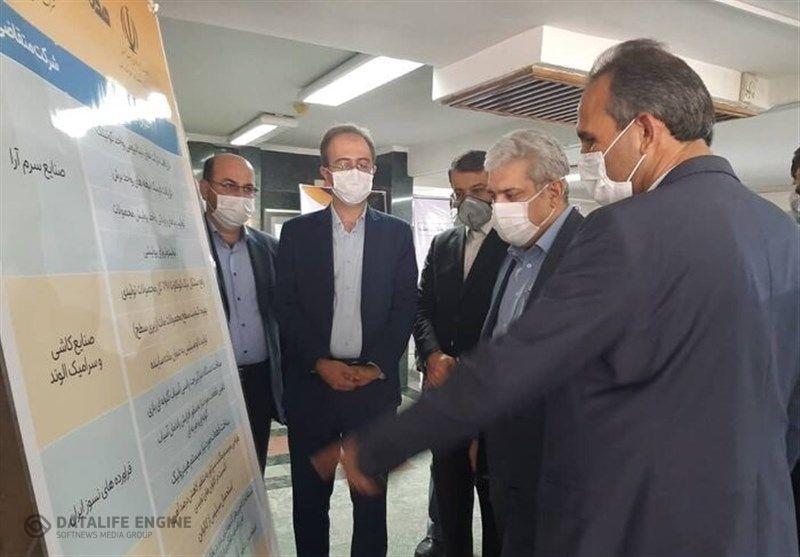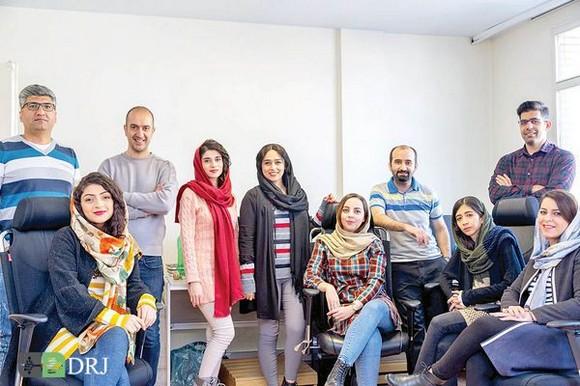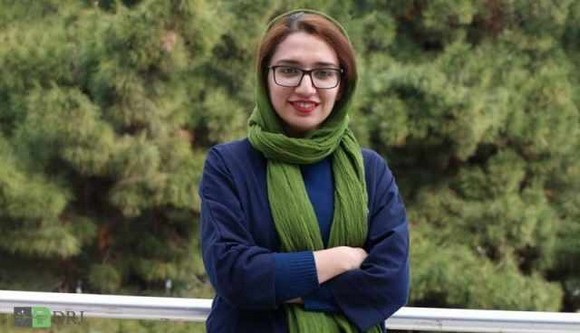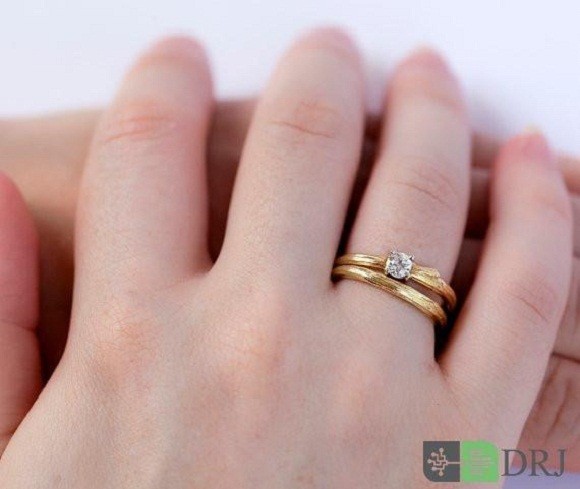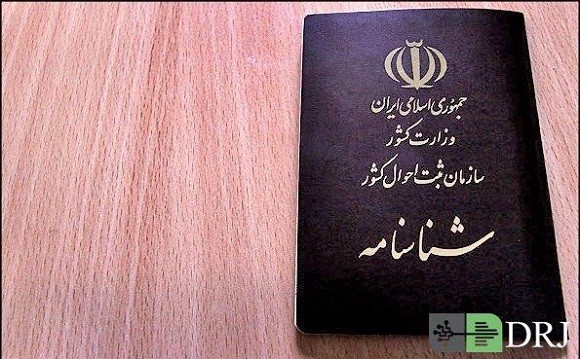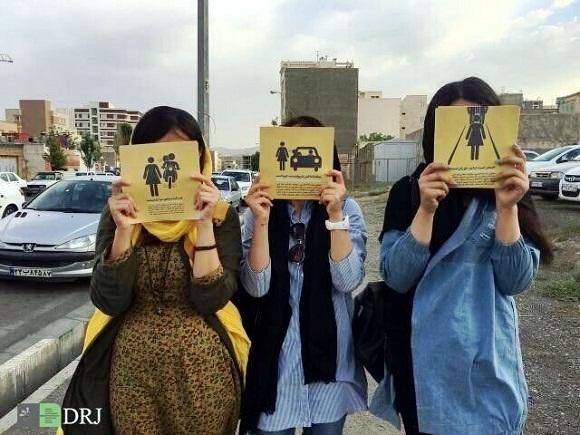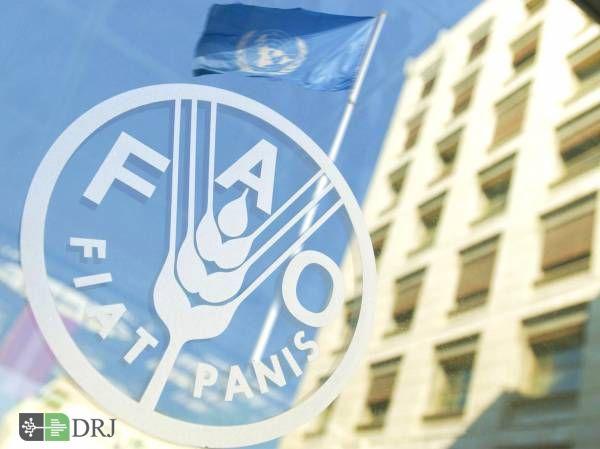Muhammad Abduh
Muhammad `Abduh
The Egyptian religious scholar , jurist , and liberal reformer , Muhammad `Abduh led a late 19th-century movement in Egypt and other Muslim countries to “modernize” Muslim institutions . He was born 1849 in the Nile Delta area and died near Alexandria on July 11 , 1905 .
Muhammad `Abduh was greatly influenced by Jamal ud-Din al-Afghani , the founder of the modern pan-Islamic movement which sought to unite the Muslim world under the banner of the faith . When they met in al-Azhar in 1872 `Abduh was roused from his asceticism to activism and sought to bring about a renaissance of Islam and a liberation of Muslims from colonialism . Unlike his mentor , Jamal ud-Din al-Afghani , `Abduh tried to separate politics from religious reform . `Abduh advocated the reform of Islam by bringing it back to its pristine state and casting off what he viewed as its contemporary decadence and division . His views were opposed by the established political and religious order , but were later embraced by Arab nationalism after World War I .
`Abduh spent some years in exile in Paris , where he helped al-Afghani issue the anti-British Muslim periodical al-`Urwah alWuthqa ( The Firmest Bond ) . `Abduh eventually broke with al-Afghani . He taught in Beirut . Rejecting the radicalism he had embraced in the 1870’s and 1880’s , he returned to Cairo , after the favorable intervention of the British with the Khedive , to pursue educational and language reforms . This conversion to liberalism paralleled a decline in revolutionary fervor among the rural notables in the late 1880s .
After the British takeover of Egypt in 1882 , taxes rose to intolerably high levels under the Khedive Isma`il ( r . 1863-1879 ) , and the threat of more revolts forced the new colonial regime of Evelyn Baring ( later Earl of Cromer ) to keep taxes down . The landholding families which managed to keep their large holdings together transformed themselves into agrarian capitalists and became urbanized absentee landlords; many of them did not actively oppose British rule , and their nationalism was muted by a conviction that it was only through education and gradual reform that the Egyptians could achieve independence . `Abduh became a spokesman for this class . In 1899 , he was appointed Grand Mufti ( jurisconsult ) for all of Egypt through British influence , and he used the office to promulgate liberal reforms in Islamic law , administration and education .
As European influence grew in Egypt , Westernizers in Egypt were adopting Western education , Western sciences , and a Western medium of teaching , specifically in French . `Abduh distrusted the Westernizers . He called upon parents to refrain from sending their children to schools established by missionaries . But he was in no way opposed to Western science and technology . In an article written in 1877 , `Abduh advocated the introduction of modern sciences together with the local sciences into Al Azhar University . He described the strength of prejudice against modern sciences in Al Azhar and related that Al-Ghazali and others considered the study of logic and similar disciplines obligatory for the defense of Islam . He went on to say: “There is no religion without a state and no state without authority and no authority without strength and no strength without wealth . The state does not possess trade or industry . Its wealth is the wealth of the people and the people’s wealth is not possible without the spread of these sciences amongst them so that they may know the ways for acquiring wealth . ” [Tarikh , vol . ii , p . 37ff . ] He said that new and useful sciences are essential to our life in this age and are our defense against aggression and humiliation and further the basis of our happiness , wealth and strength . He said , “These sciences we must acquire and we must strive towards their mastery . ”
`Abduh considered that the Persian and Greek elements which were dominant in Islamic tradition were not congruous with modernity , and he worked to substitute Greek philosophy with modern ideas . Because of his own limitations and insufficient knowledge of science , modern philosophy and the West , he often went beyond his simple formula of “modernity is based on reason , Islam must therefore be shown not to contradict reason , thus we may prove that Islam is compatible with modernity” to show agreement between detailed scientific theories or discoveries with the Qur’an . `Abduh interpreted certain things mentioned in the Qur’an , such as the world of jinn or the angels to agree with modern discoveries . The jinns became microbes and stories of astronomy were explained to be addressing simple people at their level of understanding .
He tried to make the theory of evolution compatible to the story of Genesis in the Qur’an and he used evolution to prove that Muhammad was the seal of the Prophets . He wanted to show that Islam does not reject the principle of causality and was determined to limit the region of the miraculous . Ash’arite Sunnis appeared to deny an automatic relationship between cause and effect , and he preferred the Mu’tazalites’ view of the world . For this reason , `Abduh was skeptical of the miracles performed by saints ( Karamats ) . He simply strove to rely on the texts of the Qur’an and the Sunnah , without getting into their implications . `Abduh wrote , “There are two books: one created which is the universe , and one revealed which is the Qur’an and only through reason are we guided by this book to understand that one . ” [Al Manar , vol . vii , p . 292] The impact of Western ideas , however , as he saw them , forced him to make accommodations . Regarding prophecy , `Abduh not only considered it evolutionary in nature , but also emphasized that it is not in the jurisdiction of prophets to teach arts or industries or sciences . This idea was further developed by his students and Egyptian secularists in their search to legitimately limit the authority of religion in the social sphere .
By the end of the nineteenth century , scientific exegesis had established itself as an independent discipline . In 1898 , `Abduh’s Syrian student , Rashid Rida , encouraged him to write a tafsir , but he was not interested . But in 1900-01 , Muhammad `Abduh gave a series of lectures on the Qur’an and Muhammad Rashid Rida took notes , which Rida later expanded . The enlarged work was shown to `Abduh who approved and corrected it , as needed . These lectures appeared in the periodical Al-Manar , vol . iii , 1900 as “Tafsir Manar of `Abduh” . It is somewhat ironic that the earnest , and religiously strict young Rida should develop a close relationship with the worldly , broadminded `Abduh . But this , perhaps , is an indication of `Abduh s ability to tailor his conversation to the interests of his audience . After `Abduh’s death in 1905 , Rashid Rida continued Tafsir al-Manar , from Q . 4:125 to Q . 12:107 , indicating those parts ( in posthumous portions ) which were the result of `Abduh’s lectures and his own additions . Eventually , Tafsir al-Manar was published in 12 volumes in 1927; a later edition with indices is Tafsir al-Qur’an al-Hakim al-Mustahir bi Tafsir al-Manar , 12 vols . Cairo , 1954-1961 . In addition , `Abduh had published in his own life time , Tafsir juz’ `Amma , Tafsi Surat al-`Asr , [Tafsir al-Fatiha] , Fatihat al-Kitab , Tafsir al-Ustadh al-Imam… , and his lectures on the Qur’an were edited and published as Durus min al-Qur’an al-Karim .
`Abduh’s tafsir has been thoroughly analyzed by the Dominican orientalist , J . Jomier ( 1954 ) in his book Le Commentaire Coranique du Manar . He considered that Muhammad Abduh and Rashid Rida’s viewpoints corresponded with “la scolastique chretienne” [Le Commentaire Coranique du Manar 82] in the sense that the relation of reason and revelation was complementary , not antipodal . For example , on the questions related to prophethood , such as “How is a prophet made capable of his task? Do predisposition and surroundings make a difference?” , Muhammad `Abduh said it is because of the fortunate possession of a special natural talent that makes a prophet “transcende les frontièrs entre ce monde et l’autre…it apprend ce qu’est l’autre vie , it les moyens d’y parvenir” [J . Jomier , Le Commentaire Coranique du manar 77] Rida rejected the view that man , however gifted he might be , could attain information of the other world on his own . Revelation could not be acquired by effort . In 18:62 , 63 it is said that the fish of Musa and his servant took its way in the sea `ajaban ( “in a wondrous sort” ) and this `ajaban is explained by Muhammad `Abduh’s son Ali Fikra as , “so that the prophet of God was astonished at it” , an astonishment quite understandable , as he and his servant “had not paid attention to the fish they carried in a basket , so that it had been able to dive away into the sea” . [al-Qur’an yanbu1`al`ulum wa’l-irfan , ( 1948 ) , ii , 305f . ]
`Abduh maintained that religion must not be made into a barrier , separating men’s spirits from God-given abilities in the knowledge of the truth of the contingent world . Rather , religion must promote this very search , demanding respect for evidence and enjoining the utmost possible devotion and endeavor through all the worlds of knowledge . He considered that the study of the contingent world , the analysis of astronomical worlds and the diverse theories of stars in their courses , the dimensions of the world’s length and breadth , the sciences that study plants in their growth and animals in their quest to survive , that all of these and more belong with the relevant branches of learning and have been the area of much eager rivalry over their detailed investigation . These things , however , belong wholly with the means to material acquisition and well-being and are within those gifts of comprehension whereby God has willed that humanity be directed . Those who pursue these sciences increase in prosperity but short-comers incur only trouble . Only gradually does man attain to perfection--so runs the Divine principle . The prophetic laws are to promote endeavor along this path , in a general sense , and to sustain man in the attainment of the high dignity that God has promised to human nature . [Theology of Unity , p . 103]
In his elucidation of ibada ( worship ) , `Abduh spoke piously . “It refers to complete surrender springing from a deep consciousness of the Worshipped One , without knowing the origin of its form or essence . The only thing one knows of , is being surrounded by it . ” [Tafsir al-Fatiha , 56]
In his Risalat al-Tawhid ( Theology of Unity ) , `Abduh says: “The Qur’an directs us , enjoining rational procedure and intellectual enquiry into the manifestations of the universe , and , as far as may be , into its particulars , so as to come by certainty in respect of the things to which it guides . ”
“Among the proofs of knowledge in the necessary Being is what we may observe of the principles and certainties in the order of the contingent universe , and the fact that everything has its place , and each has at hand what is needful for it to be and continue to be . This situation manifests itself readily in the spectacle of things visible , both small and great , high and low . Take the situation among the stars and their dependable interrelation , the fixed law of their movement by which they keep their appointed courses and every star knows its orbit . Were they irregular , the planetary order – indeed the whole universe – would be thrown into confusion . There are other like points which the astronomical sciences expound . All this bears witness to the maker’s knowledge and wisdom . . . . Take , again , what is observable in the detailed study of plants and animals and the powers with which they are endowed , and the organs as needful for the maintenance of life , with faculties and limbs rightly located in their bodies . The insensible things among them , like plants , have a natural capacity to obtain the appropriate food and leave the inappropriate . The seed of the colocynth is there side by side with the melon seed , in one ground and water and in the same cultivation . Yet the one takes from the one context what yields the bitterest poison and the other the most delightful sweetness . Consider too the guidance of the creatures of sense in the employment of their members and organs , and exercise of all their powers in their proper capacities . It is He who knows the embryo when it is no more than a sperm drop . He knows how , when it is perfected into a creature and has from Him the `fiat’ of independent life , it needs hands , feet , eyes , nose and ears and other , inner , faculties to use in pursuance of its being and in self-protection , as well as the necessity of stomach , liver and lung and the rest of the organs indispensable to growth and life throughout the allotted span .
Does not this created world , which men of intelligence fall over themselves to investigate until they attain its secrets , in truth bear witness to its originator , the all-knowing , who has given being to every created thing and guided it? Is it possible that nothing but coincidence , the thing we call `chance’ , gave rise to all this order? Has chance laid down the laws upon which are built the universes mighty and lowly? Never . The artificer of all is He whom `not an atom’s weight in heaven and earth escapes’ . He hears and knows all . ” [The Theology of Unity , p . 49]
He further states: “…but reason quite lacks the competence to penetrate to the essence of things . For the attempt to discern the nature of things , which necessarily belongs with their essential complexity , would have to lead to the pure essence and to this , necessarily , there is no rational access . So the utmost that our rationality can attain is acknowledge of accidents and effects . . . Take , for example , light – the most clear and evident of things . Students have propounded many laws about it and arranged them in a special science . But none of them can understand what it is or penetrate the nature of illumination . They know only about light what every non-student using his eyes knows equally well… The study of creation is necessarily salutary in a practical way and lightens for the soul the way to the knowledge of Him who can be characterized by the fact that aside from Him none of these things would have the order they plainly possess . Contradictory views of the universe are part of the conflict of truth with error . Truth must prevail over falsehood by dint of sound thought or by the strength of the case outweighing its weakness…the Qur’an and earlier Scriptures confine themselves to directing attention to the creator’s existence and to His perfect attributes , as these may be known from the contemplation of the created world . As for the nature of His attributes and what they signify , it is beyond our province to discuss . ” [Theology of Unity , p . 55]
Ironically , `Abduh found that those Muslims who were attracted to Western science , did not meet his criteria . “Does it not appear that the very Muslims who have known something of science are precisely those who , for the most part , instinctively regard Islam’s doctrines as superstitious and its principles and precepts as a farce? They find pleasure in ape-ing the free-thinking people who scoff and jeer and think themselves forward-looking . …How far they are from the rational study of the Qur’an which they despise and regard as worthless to religion and the world! Many of them simply pride themselves on ignorance , as if thereby they had evaded prohibited things and achieved some distinction . Those Muslims who stand on the threshold of science see their faith as a kind of old garment in which it is embarrassing to appear among men , while those who deceive themselves that they have some pretension to be religious and orthodox believers in its doctrines regard reason as a devil and science as supposition . Can we not , in the light of all this , call God , His angels and all men to witness that science and reason have no accord this religion?” [Theology of Unity , p . 153]
`Abduh proposed an educational programme whose objective was for students to internalize religion to the extent that it directed every action , thus to unit them materially and spiritually in the service of Islam . In a speech he gave at Al Madrassah Al Sultaniyyah in Beirut , he said , “The sciences which we feel in need of is thought of by some people to be technology and other means of mastering agriculture and trade . This is false , for if we look at what we complain of , we find something deeper than the mere lack of technology and similar disciplines . . . The science which will revive the souls is the science of disciplining the soul . Such a discipline exists only in religion , therefore what we lack is extensive knowledge of the ethics of religion and what we need in accordance with our feelings is to have a true understanding of religion . ”
Like other modernists , Muhammad `Abduh maintained that Islam is the universal religion for and from all times . He interpreted the word salihat , as it occurs in 103:3 , as works to be found among the nations in the possession of a prophetic shari’a as well as among the nations to whom no prophet was sent , and since the principles of the salihat are universal , they are indicated by the Qur’an as bi`l-ma `ruf . [Tafsir Sura al`Asr , 19]
In a radical departure from accepted doctrine , he taught that modern scientific thought could be accepted without damage to Islam . H . A . R . Gibb wrote about `Abduh that “he was a modernist in the sense that he urged the pursuit of modern thought , confident that it could only confirm the religious thought of Islam . In relation to the traditional orthodox structure of belief he was no innovator [but] by restating the rights of reason in religious thought he . . . . allowed the possibility of reformulating doctrine in modern instead of medieval terms . ”
Abduh s ideas were met with great enthusiasm , but also by tenacious opposition . They are still a subject of contention today , nearly 80 years after his death , as questions of modernism and tradition re-emerge in conflict in the Muslim world . Although he did not achieve his goals , Muhammad Abduh remains a continuing influence , and his work , Risalat al-Tauhid ( The Theology of Unity ) , is the most important statement of his thought .
Elma Harder
Works by Muhammad `Abduh
( 1903 ) , Tafsir Surat al-`Asr , Cairo .
( 1904 ) Tafsir juz’ `Amma , al-Matb . al-Amiriyya , Cairo .
( 1927 ) Tafsir Manar , 12 volumes
( 1954-1961 ) , Tafsir al-Qur’an al-Hakim al-Mustahir bi Tafsir al-Manar , 12 vols . with indices , Cairo .
( 1382 ) , Fatihat al-Kitab , Tafsir al-Ustadh al-Imam… , Kitab al-Tahrir , Cairo .
( no date ) , Durus min al-Qur’an al-Karim , ed . by Tahir al-Tanakhi , Dar al-Hilal , Cairo .
( 1966 ) , The Theology of Unity , trans . by Ishaq Musa ad and Kenneth Cragg . London .
Bibliography
Badawi , M . A . Zaki ( 1976 , 1978 ) , The Reformers of Egypt , Croom Helm , London . [Chapter 2 , pp . 35-95 is devoted to `Abduh and his work . ]
Baljon , J . M . S . ( 1961 ) , Modern Muslim Koran Interpretation , E . J . Brill , Leiden .
Kedourie , Elie ( 1966 ) , Afghani and `Abduh: An Essay on Religious Unbelief and Political Activism in Modern Islam , Frank Cass & Co . Ltd . London .
back to top
back to the list of entries ( a )
back to Resources on Islam and Science
back to home
